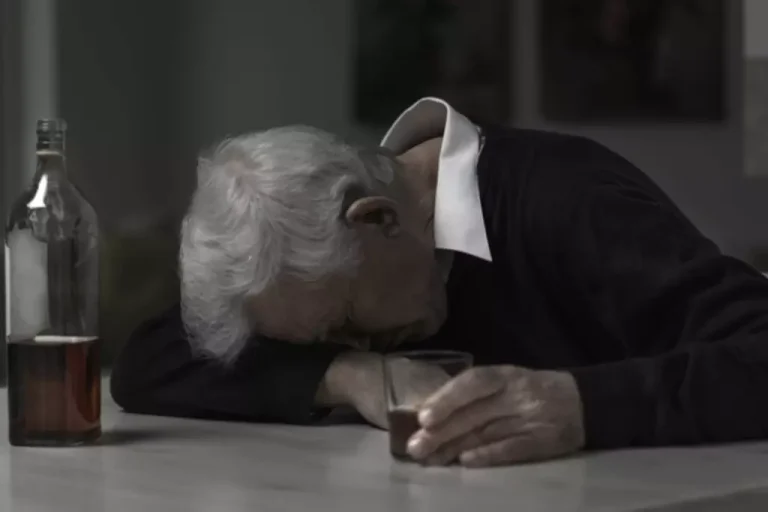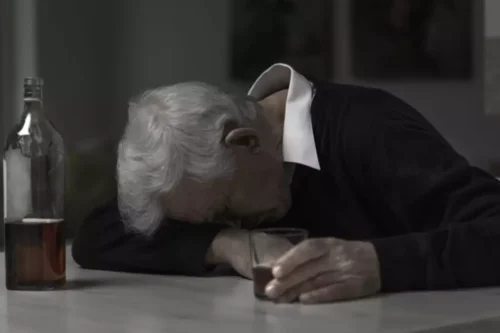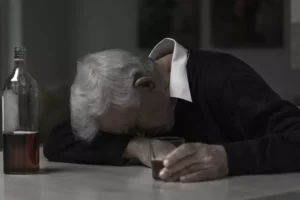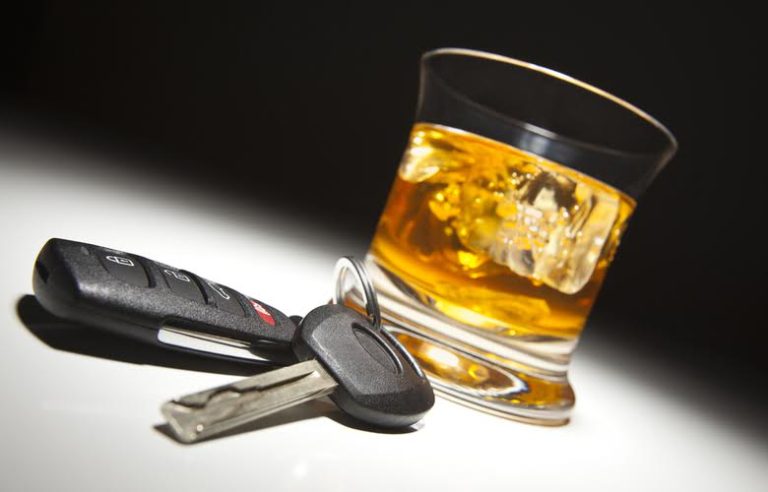
People who drink alcohol can recall times when they had a good time drinking, which may make them tempted to drink again. On the contrary, an adverse outcome leaves you less likely to do something again. The reality is that alcohol can be an addictive substance and, when used in large quantities, can be harmful regardless of why one chooses to drink. If you’re someone who drinks for fun, keep an eye on how much you’re drinking. Unintended injury is the top cause of alcohol-related harm among teens and young adults.

Drinking Alone
- And some of these factors vary every time you drink.
- Something I’ve noticed is that I experience a lot of shame and a bit of anxiety for days after getting drunk.
- More precisely, the model assumes people drink to increase positive feelings or decrease negative ones.
Traditional therapy can help unpack any mental or emotional traumas that trigger the tendency to drink alone. If you or someone you know is drinking alone because of a drinking problem, help is available. Various addiction treatment options can cater to different needs, including support groups, therapies, https://ecosoberhouse.com/ and medical treatments. The liver can only process one serving of alcohol per hour. If you start drinking beyond this limit, your body will need more time to process it. While many people may turn to solitary drinking because of alcohol addiction, drinking alone isn’t necessarily bad if done responsibly.
- But have you ever stopped to consider why it is you choose to drink?
- This split, between the tragic consequences of alcohol abuse and the evident pleasure people get out of drinking, has led many people to ask, “Why do people like getting drunk?
- All other factors—such as genetics, personality or environment—are just shaping our drinking motives, according to this model.
- However, alcohol can also lower our guard in the company of strangers, making us more likely to engage in risky sexual behavior.
- The term ‘drunk’ is very hard to define though, there are several variable parameters.
Types of Drunks: Your Personality & Reaction to Alcohol
It likewise is a very well-liked type of relaxation. It can be simpler to engage in alcohol use if it is more easily accessible and accepted by society. Finnish researchers have found a gene mutation in Halfway house the serotonin 2B receptor linked to reckless behavior under the influence of alcohol. People with this gene are also more likely to be impulsive when sober, and more likely to suffer from mood disorders.
That doesn’t mean people who drink for fun aren’t at risk of developing problems.

A desire to relinquish self-control may encourage use. Many watch the clock until 5 p.m., then gratefully reach for a drink, our chosen marker of transition off the clock, particularly in the work-from-home experiences during the pandemic. Alcohol, then, represents the daily end of responsibility, the party flag beckoning us to relax and have some fun. Sure, I snuck out and went to parties and drank and kissed boys every once in a while, but it’s not like my life was in the gutter, I thought. I got straight A’s, participated in tons of extracurriculars, and had lots of friends across different groups. Internally, I was reaching for anything that would make me feel loved.
How to Stop Drinking Alone
Because alcohol is a depressant, excess drinking like this can make you feel more fatigued and depressed than happy, which is a solid sign it might be time to cut back or stop. When you drink alcohol, the small molecules of the chemical rapidly pass into your bloodstream and travel to the brain. There, alcohol goes to work on almost every part of your cerebrum, affecting mood and perception, motor skills and judgment. This can produce a range of sensations, from euphoria and giddiness to nausea and fatigue.
- They may also feel like it takes everything they’ve got to feel and act normal.
- Learn which signs to look out for, and how to care for your well-being.
- And the next-day hangovers can represent badges of honor – evidence of unapologetic indulgence and pushing boundaries.
When Does Drinking Alone Become A Problem?
- Alcohol poisoning can also lead to death from asphyxiation, also known as the lack of oxygen in the body.
- Researchers think that a mix of genes leads to this danger.
- Except once again, the numbers were artificially inflated.
I grappled with the conflicting self knowledge that I was a good human, loving and kind. At the time, I read the Bible, journaled on its teachings, and prayed nightly. Another consequence of alcohol use is possible legal issues, such as being caught driving under the influence of alcohol (DUI). This may also cause people to stay home and drink alone, increasing their isolation.

Top 10 Best Beers From Uzbekistan
All other factors—such as genetics, personality or environment—are just shaping our drinking motives, according to this model. So drinking motives are a final feeling drunk when sober pathway to alcohol use. That is, they’re the gateway through which all these other influences are channelled. Now let’s take a closer look at the reasons people drink. Much like unearthing the hidden cat food can was vital to understanding my cat’s behavior, uncovering the deeper motivations behind alcohol use is crucial. We don’t realize that there is often an earnest desire for joy or relief behind each pour.
It can provide similar relief to help us fall asleep but tends to interfere with deep, restorative sleep, leaving us feeling groggy the next day. Many cite their increased use as a cause for concern but are struggling to cut back despite their awareness of alcohol’s negative effects on their physical and mental health. Alcohol is the most normalised and glamorised drug on the planet. We’re brainwashed into thinking booze is a good thing before we’re even old enough to have our first glass.The language we use to describe alcohol use is very positive as well. When we reference other drugs, we talk about getting a fix, getting high or using.
Find out the answers to these questions and more with Psychology Today. Get the help you need from a therapist near you–a FREE service from Psychology Today. The answer hints at your risk of developing problems. Some genes make us more sensitive to alcohol, while other variants may make us less vulnerable to its effects.











